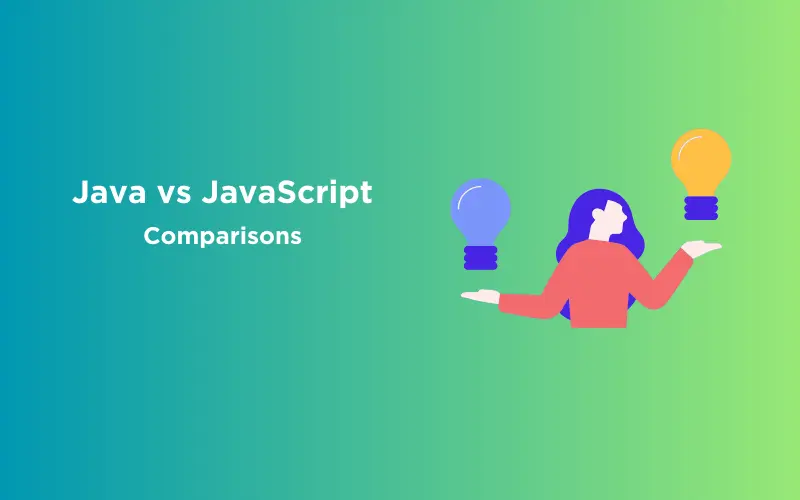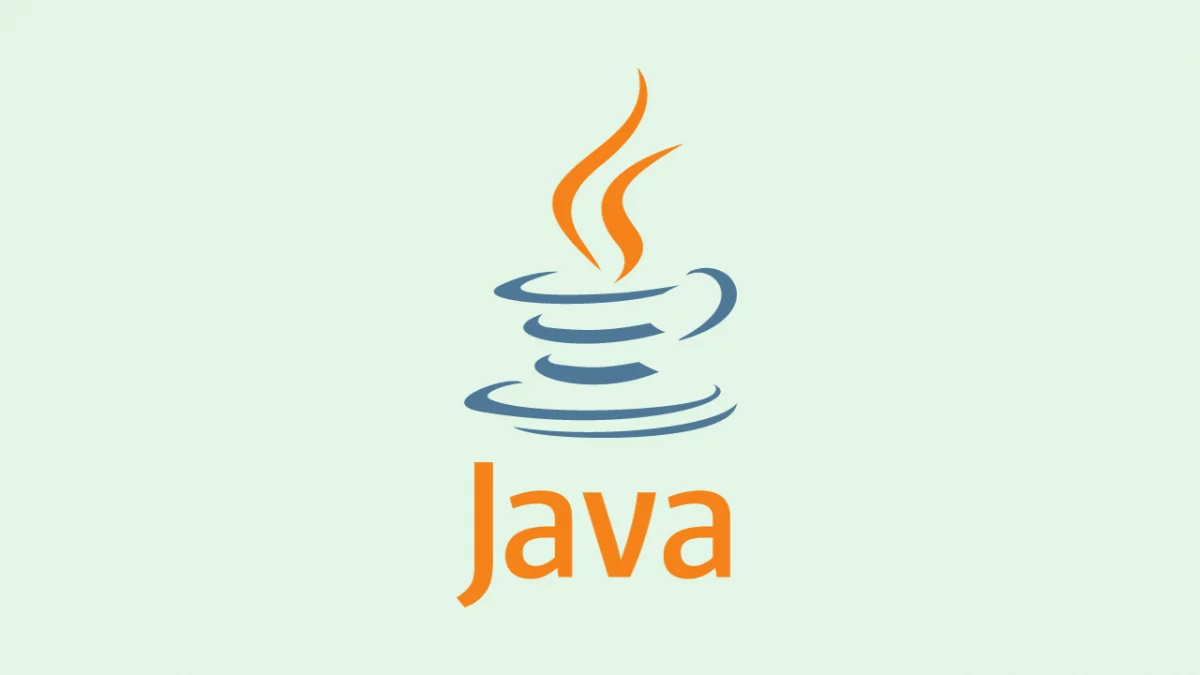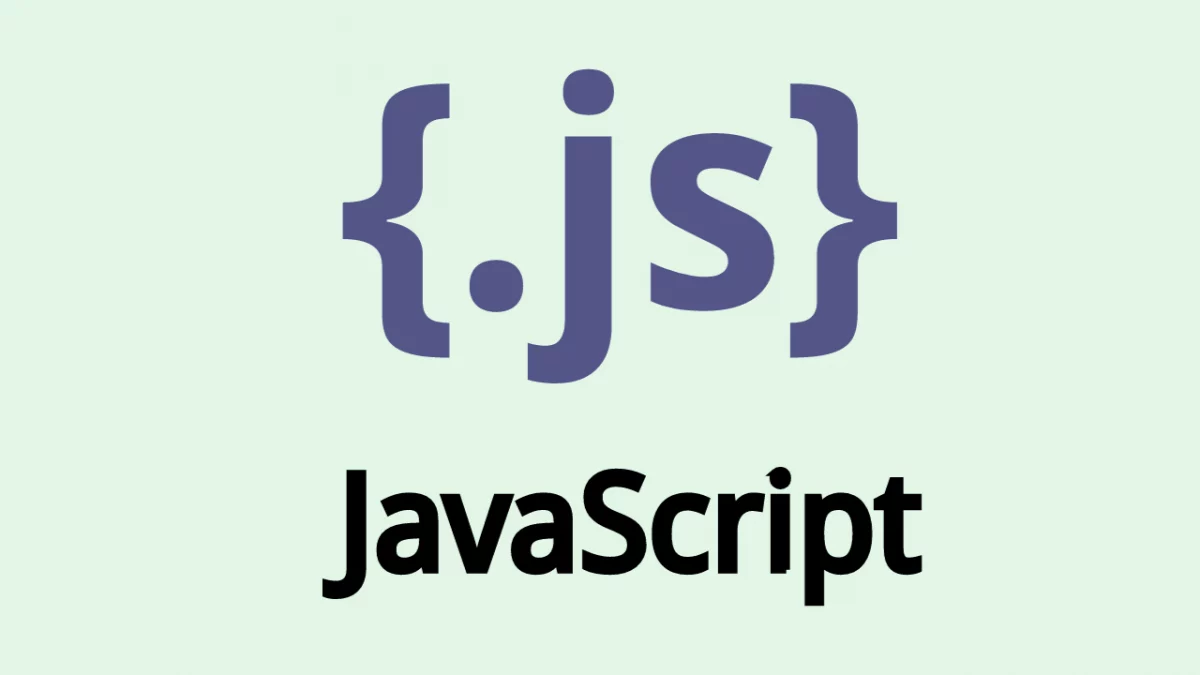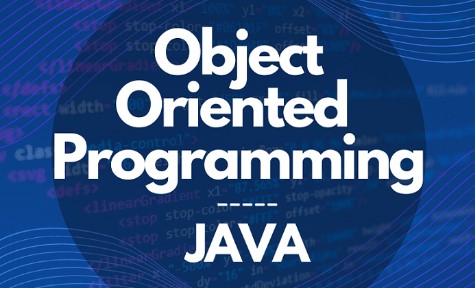
As a programmer, two languages will always stand out as part of the gold standard: Java and JavaScript. While they may share a similar name, Java and JavaScript are very different programming languages with their own unique features, applications, and career paths.
Whether you’re a newbie looking to learn your first programming language or an experienced developer considering branching out, understanding the Java vs JavaScript battle is essential.
In this guide, I’ll be discussing and explaining at length the history and development of both languages, explore their differences and applications, and provide guidance on choosing the right language for your needs. So, buckle up!
Table of contents
- 1) Java vs JavaScript: {#history-and-development}
- 2) Java vs JavaScript: {#differences-and-applications}
- Java
- JavaScript
- 3) Compiled vs. Interpreted Languages
- Getting Started with Java or JavaScript
- Concluding Thoughts...
- Which is better JavaScript or Java?
- Which is better salary Java or JavaScript?
- Is JS and Java the same?
- Is Java faster than JS?
- Can I learn JavaScript without Java?
1) Java vs JavaScript: {#history-and-development}
To understand the differences between these important languages, we will need to explore their origins and how they evolved over time.
Java, developed by Sun Microsystems and released in 1996, was initially intended for interactive television programming. However, it found its true calling as a server-side programming language and gained quite the following.
Java’s strength lies in its ability to handle large-scale projects and its versatility in industries such as finance, trade, and automotive. It is also widely used in Android app development, back-end development, scientific computing, hardware, and Internet of Things (IoT) applications.
On the other hand, JavaScript, originally named Mocha and later renamed by Netscape as part of a deal with Sun Microsystems, was designed with simplicity in mind.
It was created to add interactivity to websites by allowing developers to write code that could be embedded into HTML, thus creating better end-user experiences.
Over time, JavaScript has become The language of the web, dominating front-end development and web-based projects. It has also expanded its reach with the advent of Node.js, a framework that enables JavaScript to be used for back-end development.
Read here how JavaScript dominates the development market by multifolds!
Before proceeding further, make sure you have a strong grasp of essential concepts in Java Full Stack Development, including front-end frameworks, back-end technologies, and database management. If you’re looking for a professional future in Java Full Stack Development, consider joining GUVI’s Java Full Stack Development Career Program. With placement assistance included, you’ll master the Java stack and build real-world projects to enhance your skills.
2) Java vs JavaScript: {#differences-and-applications}
While both these languages are widely used in the tech industry, they have certain differences in terms of syntax, data handling, and applications. Now, let us discuss these differences and examine the specific use cases for each language, to better understand them.
Java

Java is a statically typed programming language with rigid syntax when it comes to declaring variables. When programming in Java, you must specify the types of values that will be saved to a specific variable. So, once a variable is declared as a particular data type, such as a String, it must remain as that type throughout its lifetime.
Java is also known for its class-based approach, where classes serve as reusable templates to create objects. Objects, in turn, are data structures used to store information.
One of the key strengths of Java lies in its stability and ability to handle large-scale projects. Many big enterprises in the financial, trade, and automotive industries rely on Java for their software development needs.
It is also the primary language for Android app development, making it a crucial skill for anyone interested in building mobile applications.
Strengths and Applications
- Large-scale projects: Java’s capacity for stability and data handling makes it ideal for large-scale projects undertaken by major enterprises.
- Android app development: Java is the primary language for building Android applications, making it essential for anyone interested in mobile app development.
- Back-end development: Java is widely used for back-end development, powering the server side of web applications and enabling data processing and management.
- Scientific computing: Java’s robustness and ability to handle complex calculations make it a popular choice for scientific computing applications.
- Hardware and IoT: Java is used in hardware and IoT applications, allowing developers to program devices to perform specific tasks.
JavaScript

JavaScript, in contrast to Java, is a dynamically typed programming language with a more flexible syntax when it comes to declaring variables.
Unlike Java, JavaScript does not require you to specify the data type of a variable. In JavaScript, you can also reassign variables to values with different data types. JavaScript is prototype-based and does not strictly adhere to a class-based structure, although recent updates have introduced class construction.
JavaScript is commonly referred to as “the language of the web” due to its dominance in front-end development. It is used to add interactivity and dynamic behavior to websites, allowing developers to create engaging user experiences.
JavaScript’s versatility extends beyond the browser, thanks to the introduction of Node.js. With Node.js, JavaScript can be used for server-side development, enabling developers to build full-stack applications.
Strengths and Applications
- Web development: JavaScript is the foundation of web development, allowing developers to create interactive and dynamic websites.
- Front-end development: JavaScript is essential for front-end development, enabling the creation of engaging user interfaces and interactive elements.
- Web-based projects: JavaScript is widely used in web-based projects, ranging from simple websites to complex web applications.
- Node.js and back-end development: With the advent of Node.js, JavaScript can now be used for server-side development, making it possible to build full-stack applications.
- Libraries and APIs: JavaScript has a vast ecosystem of libraries and APIs that extend its capabilities, making it a powerful tool for developers.
3) Compiled vs. Interpreted Languages
Another difference between Java and JavaScript lies in how they are executed. JavaScript is an interpreted language, which means that it requires an interpreter to translate and execute each line of code.
Interpreted languages are known for their flexibility, smaller program sizes, and platform independence (the ability to run on different operating systems).
Java, on the other hand, is a compiled language. This means that Java code is translated and executed directly by the computer, resulting in faster execution and greater control over hardware components.
However, Java’s platform independence is achieved through the use of the Java Virtual Machine (JVM), which allows compiled Java code to run on different operating systems.
Getting Started with Java or JavaScript
Now that you have a better understanding of the differences between Java and JavaScript, you may be wondering which language is right for you. The answer ultimately depends on your goals and the applications you are interested in pursuing.
If you’re interested in building Android apps, back-end development, or working on large-scale projects for enterprises, learning Java is a great choice.
On the other hand, if you’re more inclined towards web development, creating interactive websites, or working on full-stack projects, JavaScript is perfect for you.
Begin your career journey with GUVI’s Java Full Stack Development Career Program, providing placement assistance. Master essential technologies including Java, Maven, Eclipse, HTML, CSS, MongoDB, and more while working on practical real-world projects to enhance your expertise.
Concluding Thoughts…
Remember, both Java and JavaScript are valuable skills in the tech industry, and learning either language can open up exciting opportunities for your career. So, choose the language that aligns with your interests and career goals and start building projects to establish a good career foundation.
By understanding the differences between Java and JavaScript, you can make an informed decision about which language to learn based on your interests and career goals.
So, what are you waiting for? Start your coding journey with Java and JavaScript or better yet, both to excel in your career.
JavaScript is mainly used for web development to enhance interactivity, while Java is versatile and employed for various applications, including web, mobile, and desktop. The choice depends on the specific project requirements.
Comparing them directly isn’t meaningful; it’s like comparing apples and oranges. So, the question is which one is better for you which is answered in depth in this article.
Java developers tend to earn slightly higher salaries on average due to Java’s extensive use in enterprise-level applications. However, JavaScript developers can also command competitive salaries, especially in web development roles.
It’s essential to research current salary trends in your area to make an informed decision.
NO, JavaScript (JS) and Java are not the same. While their names sound similar, they are distinct programming languages with different purposes and syntax.
Java is a statically typed, compiled language often used for backend development, while JavaScript is a dynamically typed, interpreted language primarily used for web development to create interactive and dynamic web pages.
Yes, Java is typically faster than JavaScript in terms of execution speed. Java is a compiled language, while JavaScript is interpreted. This means Java code is precompiled into bytecode, which can be executed directly by the Java Virtual Machine (JVM), leading to faster performance.
JavaScript, on the other hand, is executed line by line by web browsers, making it generally slower for certain tasks.
Yes, you can absolutely learn JavaScript without any prior knowledge of Java. Despite the similar names, they are entirely different programming languages. JavaScript is used for web development, while Java is a general-purpose language.
Learning JavaScript does not require Java as a prerequisite, so get learning!































Did you enjoy this article?